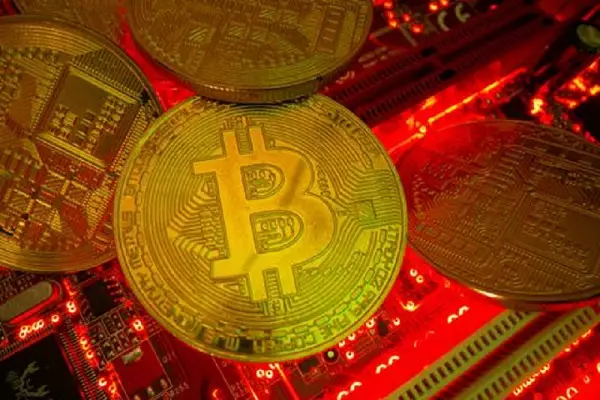In a digital landscape burgeoning with innovation, the recent exchange between Brian Armstrong, CEO of Coinbase, and Peter Schiff, a staunch cryptocurrency critic, highlights the complexities inherent within the crypto market. Armstrong astutely noted the staggering rate at which new tokens are emerging—approximately one million each week. While the emergence of these tokens can be seen as a testament to the innovation the blockchain space offers, it simultaneously poses significant challenges. The sheer volume complicates evaluation efforts, raising questions about quality control and investor protection.
Armstrong’s proposition of transitioning from an “allow list” to a “block list” is particularly intriguing. This shift indicates a palpable need for a curated method of discernment amidst the chaos, suggesting that instead of approving each token, a more efficient way to filter out potential scams and unworthy projects should be employed. By leveraging customer reviews and automated assessment of on-chain data, Armstrong envisions a marketplace where users can better navigate the vast ocean of digital assets. This approach would not only enhance user experience but also bolster confidence in cryptocurrency as a legitimate medium of exchange and investment.
Opposing Armstrong’s progressive viewpoint, Peter Schiff remains unwavering in his criticisms of cryptocurrencies, particularly Bitcoin. Schiff’s critique fortified its foundation on the concept of limited supply, which Bitcoin advocates herald as a core attribute contributing to its value. Yet, Schiff provocatively challenges this notion by illuminating the paradox introduced by an overwhelming number of tokens. He asserts that the rise in number is akin to rampant inflation; when everyone can create their currency, the value of each diminishes—a crucial point that the crypto community must confront.
Moreover, Schiff’s skepticism extends to Bitcoin’s proof-of-work model, which he equates to an inefficient use of energy. His analogy of spending significant resources simply to excavate and refill a hole starkly contrasts the common belief that mining generates substantive value. Instead, Schiff argues that this process merely wastes energy without yielding any tangible outcome. To him, Bitcoin doesn’t act as a store of energy; it lacks the transformative quality that traditional assets, such as gold, possess. This substantive critique urges the crypto community to reflect on the sustainability and practicality of their operational frameworks, challenging innovators to rethink their methodologies.
The dynamic exchange between Armstrong and Schiff encapsulates a broader dialogue within the cryptocurrency sector, where innovation often clashes with skepticism. While Armstrong pushes for a structured and trustworthy investment environment through regulatory shifts, Schiff’s concerns resonate with those who fear the potential pitfalls of an unregulated market saturated with inexperienced investors and misleading projects.
As the cryptocurrency arena positions itself for further growth and potential mainstream adoption, the conversation sparked by these two personalities underscores the necessity for coherent policies and robust frameworks to guide the way forward. Building a future where innovation can thrive alongside cautious scrutiny is essential for the health of the crypto marketplace.

